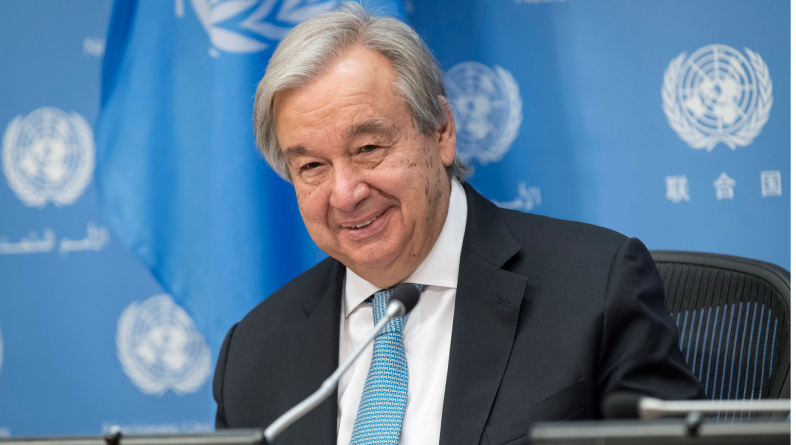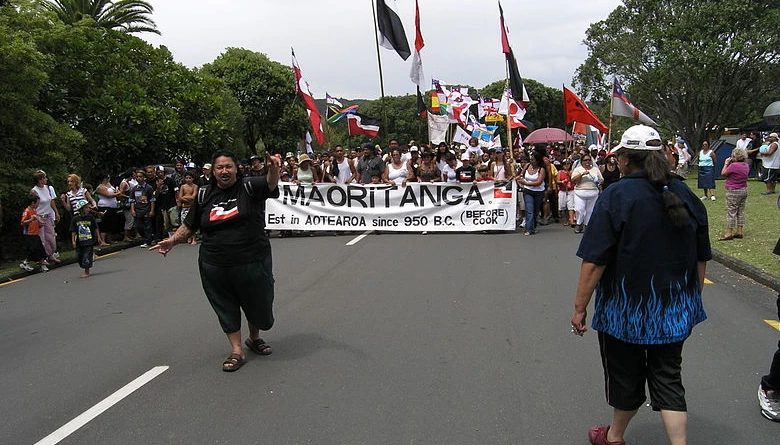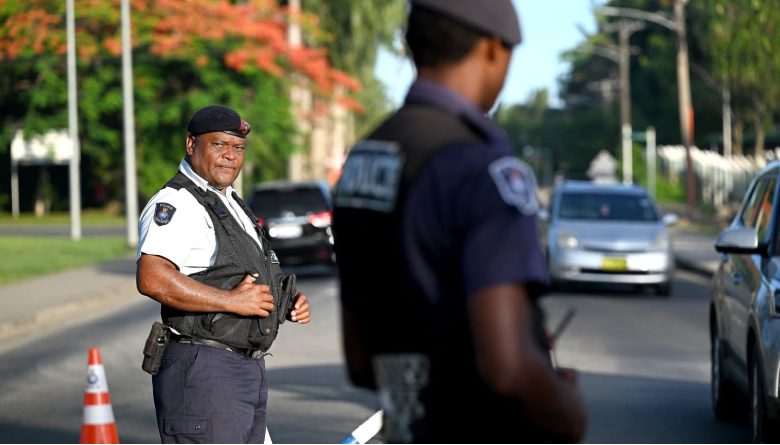At the most recent meeting of the High-level Committee on Libya, held in Addis Abeba, UN Secretary-General António Guterres stated, “What is urgently needed is the political will to break the protracted political stalemate and achieve progress on multiple fronts.”
The UN remains committed to Libyan-owned and Libyan-led solutions, but he stressed the urgent need for progress on holding elections and advancing gains in security, national reconciliation, and human rights.
What to focus on first
He outlined priority areas for action, noting that the UN has been “totally committed to overcoming the misunderstandings of the past.”
With no hidden agenda, he stated, “We have no agenda and no goal but one: to secure the right of the Libyan people to live in peace, to vote in free and fair elections, and to share in the prosperity of their country.”
The situation is very serious. Testimony of extrajudicial killings, torture, arbitrary detention, enforced disappearances, human trafficking, internal displacement, and the existence of mass burial sites were all part of a UN human rights fact-finding probe conducted at the end of January.
Since the 2011 overthrow of Muammar Gaddafi, who had led Libya since 1969, the oil-rich nation has dealt with multiple crises and rival administrations, including the UN-recognized Government of National Accord in the capital Tripoli and the so-called Libyan National Army in the east.
Elections are the only option, period.
The historic presidential and parliamentary elections scheduled for December 2021 were called off due to legal challenges and other complications. The Secretary-Special General’s Representative has reportedly been in contact with Libyan parties and international partners to discuss a constitutional basis for elections by the end of February, which would be a significant step towards solving this urgent problem.
The Secretary-General has stated, “I share the growing frustrations of the Libyan people.” Economic uncertainty, political unrest, the potential for renewed fighting, and the threat of partition are all made worse in the absence of elections.
But if agreement can’t be reached, the UN, in close collaboration with key Libyan stakeholders, the African Union, and international partners, should propose and pursue alternative mechanisms to find solutions, he said.
Voting in elections is the only viable option, he said. “They are still the best hope for establishing lawful, unified rule.”
Also Read :There Is A Stronger Link Between Your Skin And Heart Than You May Realize
Words of encouragement

Meanwhile, he praised progress on security issues and confirmed that the 2020 ceasefire agreement was still in effect. The efforts include the African Union’s involvement and support, as well as the work of the “5+5′ Joint Military Commission, convened by his Special Representative, which represents “an instrument of hope for all Libyans,” he said.
Take out the foreign troops
He recalled that external interference had fueled Libya’s descent into conflict and stated, “The next priority of the Joint Military Commission must be the complete withdrawal of foreign fighters and mercenaries from Libya.”
He hailed the establishment of a coordination and information sharing committee as “an important step towards greater stability and peace in Libya and the wider region” after a recent meeting in Cairo between the military commission and representatives from Libya, Sudan, and Niger.
He also noted that the AU is committed to supporting an inclusive process and that progress towards national reconciliation is a top priority.
Problems with human rights
In a speech outlining grave human rights concerns, he said that migrants, refugees, and asylum seekers continue to suffer abuses with impunity. Thousands of people have been returned to Libya after trying to cross the Mediterranean, where they have been detained in inhumane and degrading conditions with limited access to humanitarian aid.
He urged the international community once again to protect the integrity of refugee law and urged the Libyan government to find rights-based alternatives to detention.
He argued that the United Nations and the African Union, among other key regional actors and organisations, must collaborate to help the people of Libya achieve their “legitimate aspirations” for a peaceful and prosperous future.









Leave a Reply